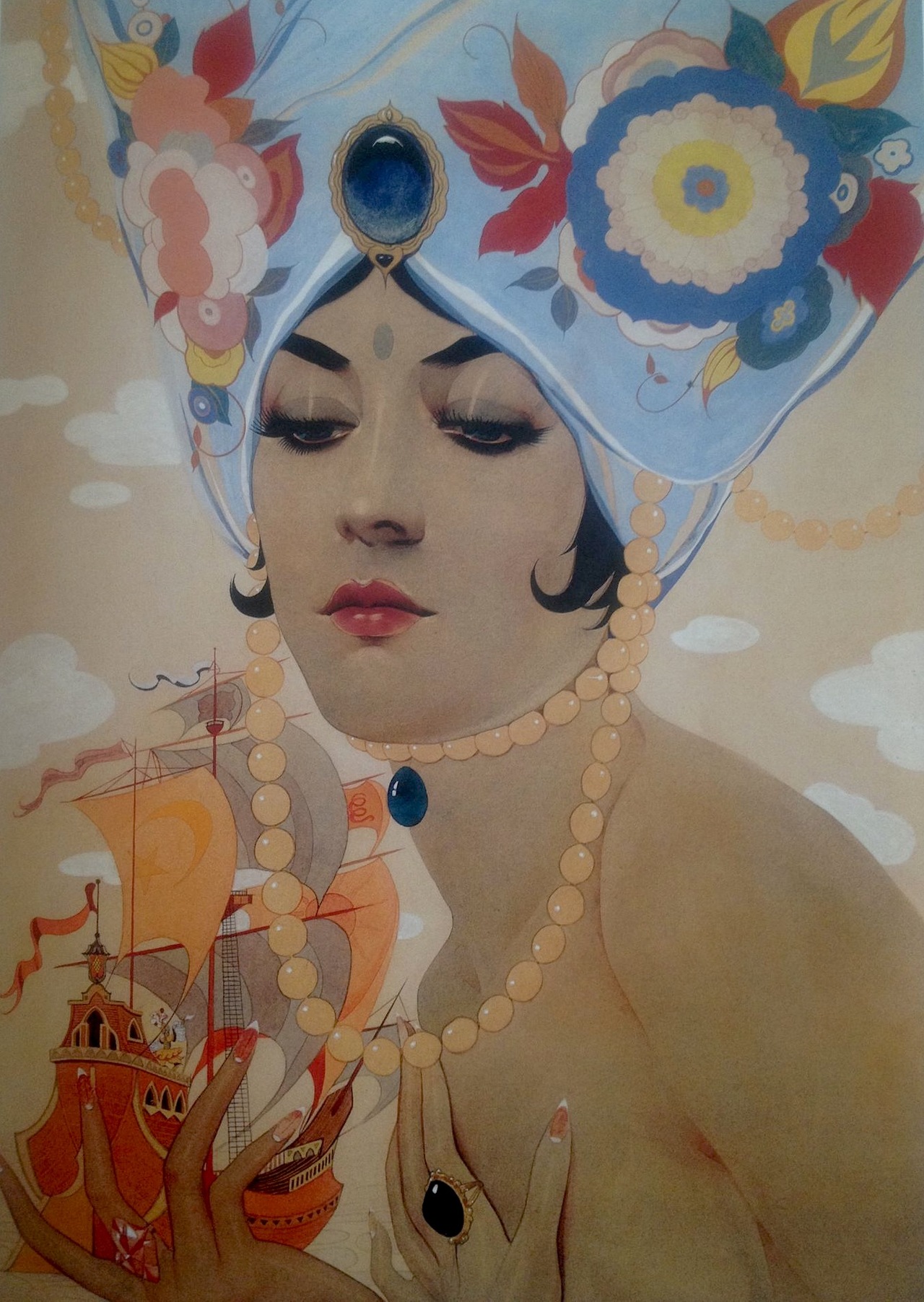Before Louis de Bernieres, Lawrence Durrell was the British guy who wrote books people read about the Eastern Mediterranean. His work, as the map shows, covers a large swath of former Ottoman world, including travel writing about the Greek Islands, self-indulgent orientalist fiction set in cosmopolitan Alexandria and adventure stories for young adults set among Tito's partisans. As a tribute to Durrell we offer this map of places Durrell has written about, as well as a few of his more memorable quotes:
In Justine, the first book in the Alexandria Quartet, Durrell describes the eponymous city: "Capitally, what is this city of ours? What is resumed in the word Alexandria? In a flash my mind's eye shows me a thousand dust-tormented streets. Flies and beggars own it today - and those who enjoy and intermediate existence between either. Five races, five languages, a dozen creeds: five fleets turning through their greasy reflections behind the harbour bar. But there are more than five sexes and only demotic Greek seems to distinguish among them... Alexandria was the great winepress of love; those who emerged from it were the sick men, the solitaries, the prophets - I mean all those who have been deeply wounded in their sex..."
In Mountolive, the third book in the quartet, Durrell narrates a love affair between a young British officer and the older Egyptian woman from whom he is learning Arabic. It might be the paradigmatic orientalist romance narrative:
"Mountolive... had obtained permission to stay for two months in the house of this Coptic squire. It was a complete departure from everything he had known to be thus included in the pattern of a family life based in and nourished by the unconscious pageantry of a feudalism which stretched back certainly as far s the Middle Ages, and perhaps beyond The world of Burton, Beckford, Lady Hester... Did they then still exist? But here, seen from the vantage point of someone inside the canvas his own imagination had painted, he had suddenly found the exotic becoming completely normal. Its poetry was irradiated by the unconsciousness with which it was left. Mountolive who had already found the open sesame of language ready to hand, suddenly began to feel himself really penetrating a foreign country, foreign moeurs, for the first time. (22)
"And Leila? Mountolive of course found her a beautiful enigma... Whether she was happy or unhappy she herself had never thought to consider. She was hungry, that was all, hungry for the world of books and meetings which lay forever outside this old house the the heavy charges of the land which supported their fortunes. She was obedient and pliant, loyal as a finely bred animal... When young she had completed her studies in Cairo brilliantly and for a few years she nourished the hope of going to Europe to continue them. She had wanted to be a doctor. But at this time the women of Egypt were lucky if they could escape the black veil - let alone the narrow confines of Egyptian thought and society. Europe for the Egyptians was simply a shopping center for the rich to visit... But to allay her own active curiosity about the world she subscribed to books and periodicals in the four languages which she knew as well as her own, perhaps better, for nobody can think or feel only in the dimensionless obsolescence of Arabic... (23-24) This lonely life had made her feel somewhat unprepared for Mountolive... She elected to show him around the house and gardens, already pleasantly astonished by the youth's respectable Arabic and sound French... His genuine interest and desire to learn filled her with the emotions of a gratitude which surprised her. It was absurd, but then never had a stranger shown any desire to study and assess them, their language, religion and habits. (25)
"He felt the small warm tongue of an Egyptian cat upon his underlip for a moment... "But why me, Leila..?" "It was clear that what she saw in him was something like a prototype of a nation which existed now only in her imagination. She was kissing and cherishing a pained image of England... It was an absurd book-fed dream this Copt had discovered and translated. Can you fall in love with the stone effigy of a dead crusader?" (28-29)
Finally, while we're talking about insufferable writers and orientalism, an unrelated but remarkable quote from a 1995 New York Times review of Orhan Pamuk's White Castle that is wrong in so many ways:
"Mr. Pamuk is a storyteller with as much gumption and narrative zip as Scheherazade." Here Pamuk (left) and Scheherazade (right) both pose with gumption and narrative zip.







